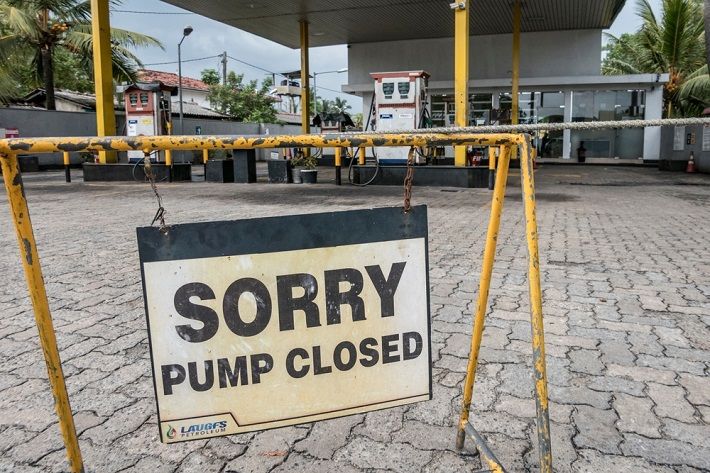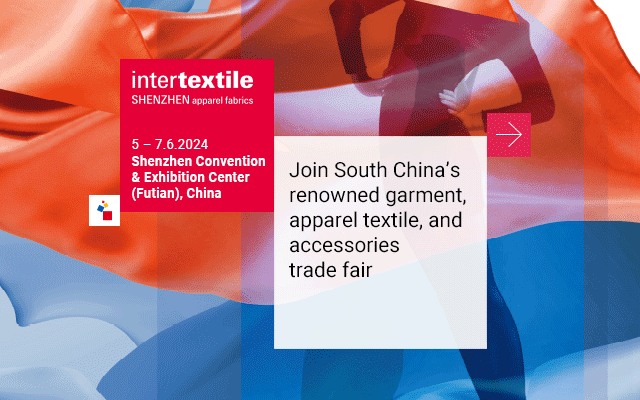Sri Lankan garments industry unaffected by fuel shortage: Stakeholders

The South Asian island nation of Sri Lanka is facing an acute fuel shortage with its foreign exchange reserves depleted and the country ensnared in a chaotic public debt default. But the apparel exports sector, which accounts for 40 per cent of the country’s total export income, has been spared the agony of procuring fuel by the government since January to bring the much-needed dollars into the country.
Diesel in bulk
Joint Apparel Association Forum (JAAF) secretary general Yohan Lawrence told Fibre2Fashion that since April apparel companies have been able to buy diesel in bulk from Lanka Indian Oil Company (LIOC) and the state-run Ceylon Petroleum Corporation (CPC). This has allowed plants to operate during power outages and use this fuel for their staff transport and company vehicles.
Lawrence said that all apparel factories provide transport to their employees, and they have now extended these routes to ensure that as many employees as possible can come to work on staff transport. Moreover, “the port and airport continue to function, so the sector gets its product in and out. Companies large and small have all invested in fuel storage capacities to hold upto two weeks of diesel.”
Hasitha Premaratne, group finance director and managing director of Brandix India, said that as the government approved allowing export-oriented companies to purchase fuel on a priority basis by paying foreign exchange, operating the apparel manufacturing factories around the island has been easy. “The government also allowed the exporters to purchase bunkering fuel from shipping lines to run generators in factories. Exporters were allowed this to run their operations smoothly.”
Brandix apparel alone has 700 buses operating to transport staff into factories. Premaratne said that staff attendance has been 100 per cent in their factories so far this year barring May 10, which was the day after the infamous riots at Colombo’s Galle Face Green.
Bernard Boteju, chairman Bernard Boteju Industries said that there was no issue in transporting employees to the factories as the company managed to secure three browser (tanker) loads of petrol about two months ago. Till then the company was running on fuel stocks they already had. Boteju, who is in the small and medium apparel sector, said that his company is not affected at all by the fuel crisis. “From last month up to now, we have had full attendance of staff.”
Pooling resources
Small and medium sector (SME) apparel factories are pooling their resources with other SMEs to ensure continued operations. But some firms still get diesel in small quantities from the local fuel sheds. However, with the restrictions on the sale of fuel to only health, forces, etc, some SME plants are unable to function fully. “Where possible the bigger plants are sharing their stocks with smaller ones to ensure that the sector can continue to operate,” Lawrence added.
He said the sector has showed remarkable resilience and its export earnings expanded by 30 per cent year-on-year (YoY) to $446 million in May, while export earnings from the sector increased by 16 per cent YoY to $2.2 billion in the first five months of the current year.
All exporters reiterate that there is an urgent need to maintain buyers’ confidence in the industry. “We need the global apparel buyers to have confidence enough in us to execute their orders on time,” Boteju said adding that so far none of the buyers have cancelled orders.
Sector analysts point out that globally the apparel industry is going through a slowdown, and other supplying nations like India, China, Vietnam, Bangladesh, etc are all witnessing such a phenomenon. The slowdown is also being felt by Sri Lankan apparel manufacturers, but the players have been in continuous dialogue with the buyers and ring-fencing the industry from the existing macro situation.
According to Premaratne, customers are closely watching the situation in the country and showing their concern. “But the industry has been communicating and assuring the apparel buyers that they can deliver.”
Fibre2Fashion News Desk (WE)
































-Ltd..jpg?tr=w-120,h-60,c-at_max,cm-pad_resize,bg-ffffff)





.jpg?tr=w-120,h-60,c-at_max,cm-pad_resize,bg-ffffff)
.jpg?tr=w-120,h-60,c-at_max,cm-pad_resize,bg-ffffff)






